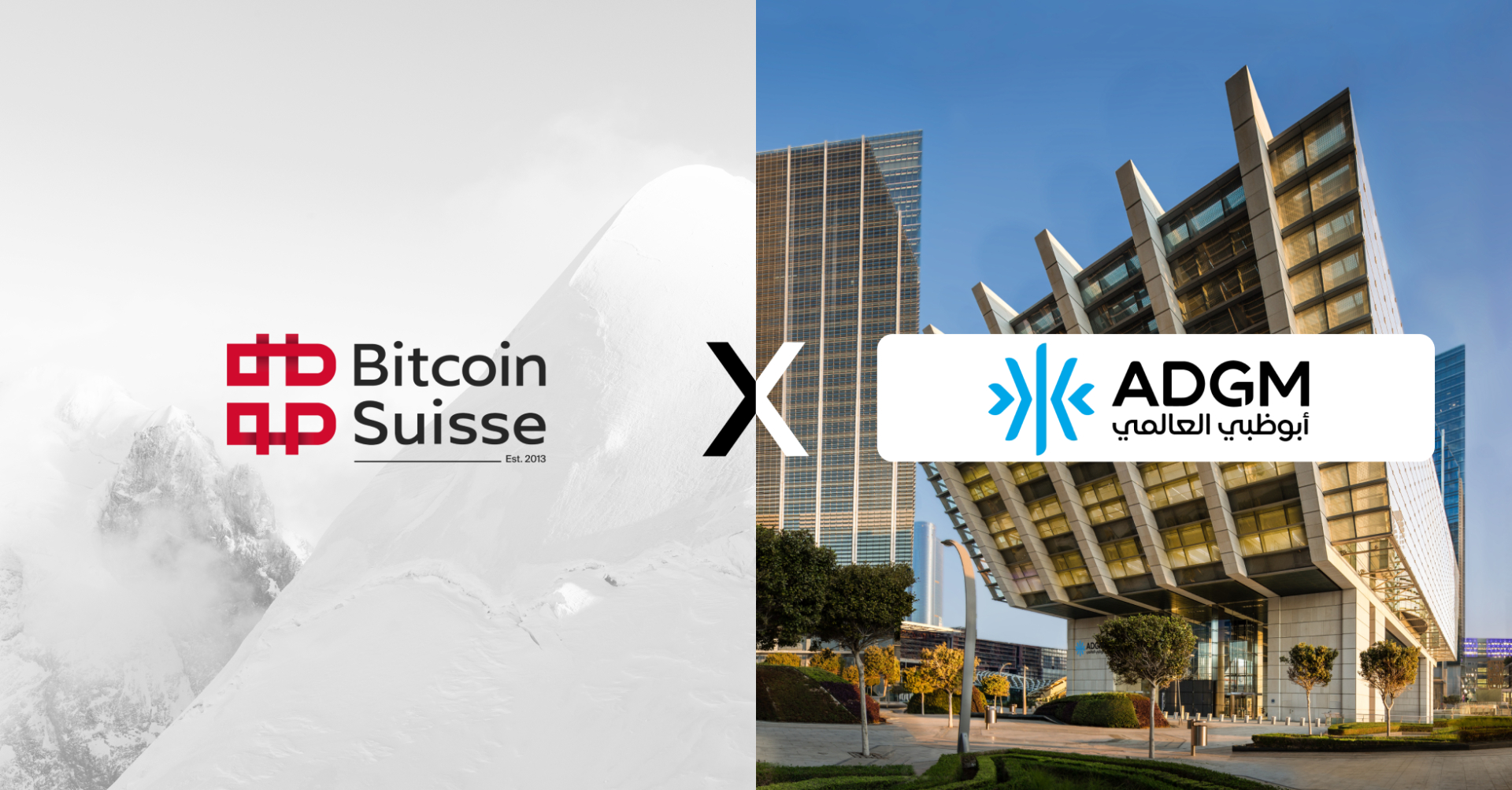Bitcoin Suisse Legal Chief Calls for Clearer Stablecoin Rules in EU and Switzerland

Bitcoin Suisse’s Top Lawyer Criticizes Stablecoin Regulations in Europe and Switzerland
Peter Märkl, General Counsel at Swiss crypto firm Bitcoin Suisse, is calling out regulatory gaps and burdensome policies in both the European Union and Switzerland when it comes to stablecoins. Speaking during German Blockchain Week, Märkl argued that current rules lack clarity and flexibility—especially as the stablecoin landscape rapidly evolves.

While the EU’s new Markets in Crypto-Assets (MiCA) regulation is being praised for creating a unified framework for digital assets, Märkl says there are still challenges.
"There’s a lot to be done," he said, referring to how stablecoins are categorized and governed.
MiCA Brings Structure—But Not Simplicity
Märkl acknowledged that MiCA is a "comprehensive, harmonized framework" for how stablecoins are issued, offered, and stored. However, he pointed out that crypto assets are dynamic by nature, and their classification can shift over time—a reality that rigid rules often fail to reflect.
Another issue he raised is how MiCA affects players outside the EU.
“Foreign stablecoin issuers need to seriously consider a license under MiCA,” Märkl said, citing recent enforcement actions in Germany as a sign that regulators plan to apply the rules strictly.
Swiss Rules Still a Work in Progress
Closer to home, Märkl said Switzerland also has work to do. Despite the country’s early embrace of blockchain through its DLT Act, he argues that current rules place an unfair burden on stablecoin issuers. Specifically, Swiss regulators require issuers to identify individual coin holders—a KYC (Know Your Customer) requirement Märkl called “unreasonable.”
While he praised Switzerland’s foundational legal framework, he added that stablecoin-specific regulation is still lacking.
“There is a legislative process ongoing,” he said, “but the outcome needs to be assessed.”
Bitcoin Suisse Looks to Expand Under MiCA and Beyond
Looking ahead, Bitcoin Suisse is preparing to navigate MiCA through its subsidiary in Liechtenstein. The firm has held a Crypto-Asset Service Provider (CASP) license under Liechtenstein’s TVTG law for five years, which Märkl says positions it well for a future MiCA license.
Beyond Europe, Bitcoin Suisse has global ambitions. In May, the company received in-principle approval from the Abu Dhabi Global Market (ADGM). CEO Andrej Majcen even relocated to Abu Dhabi over a year ago to guide the company’s efforts in the region.
“We see tremendous attraction in the Middle East,” Märkl said.
The UK and U.S. are also on the radar, although Märkl noted that expansion into those markets will depend on how local regulatory frameworks evolve.

